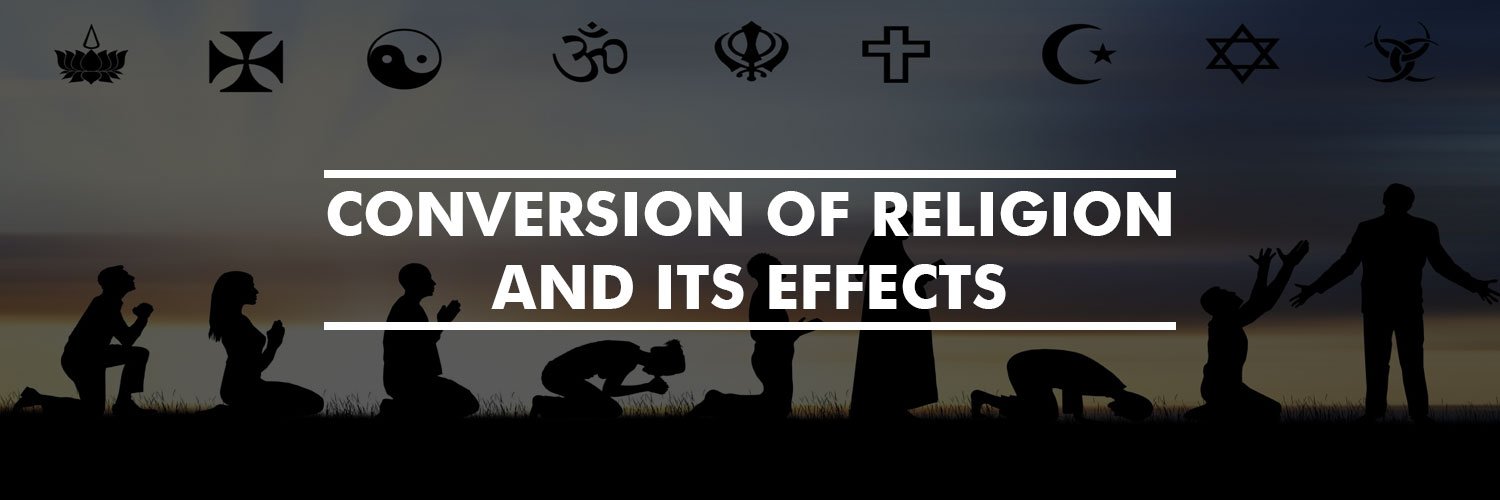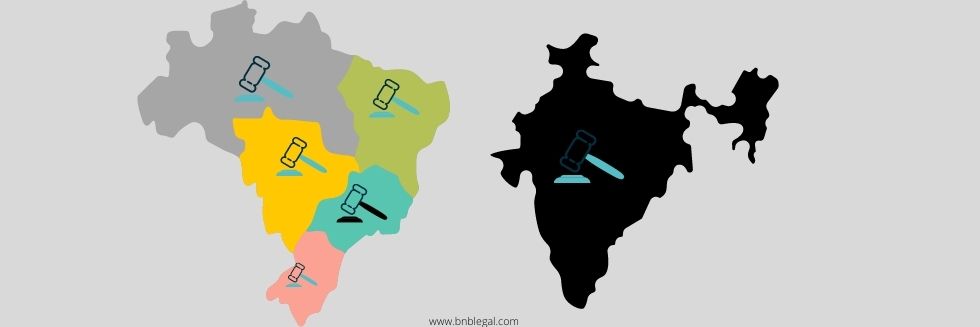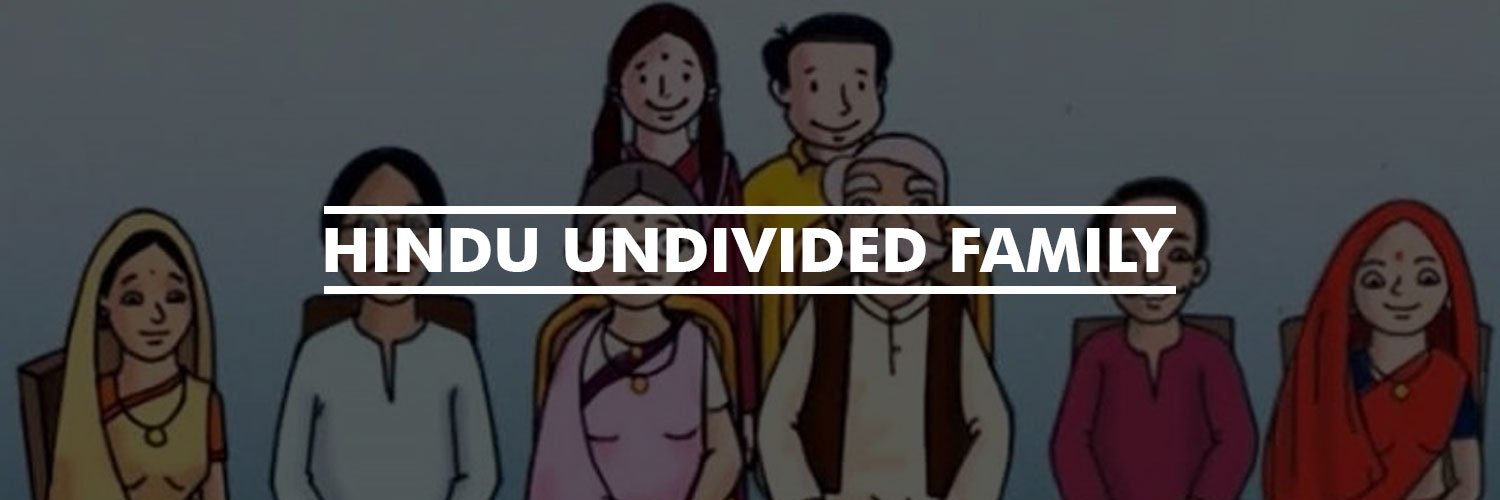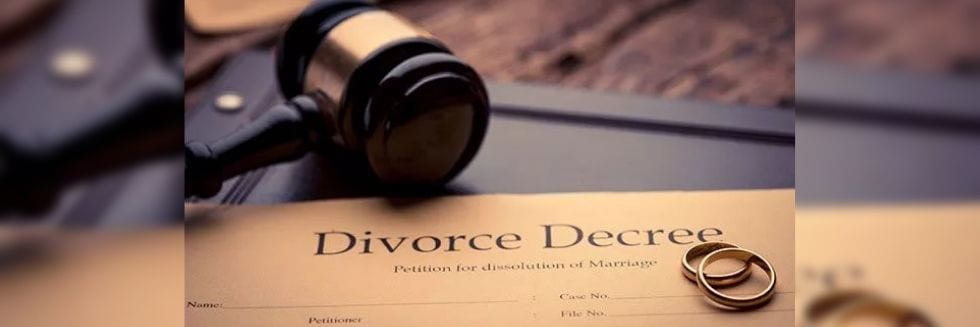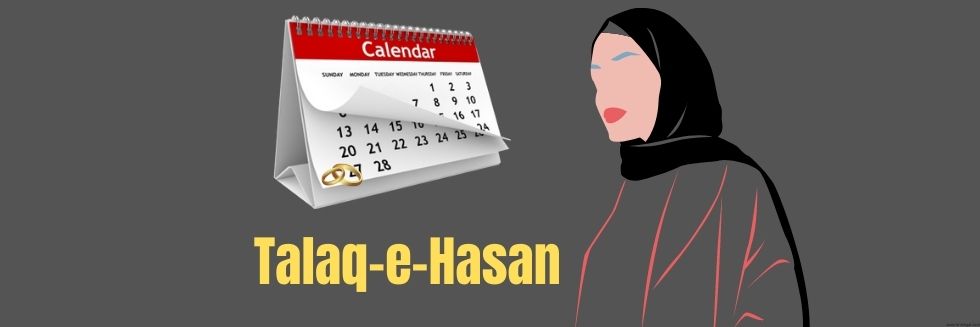Overview
Under Hindu law, the effect of conversion of religion to another can be described as follows:
(A) Law applicable on Conversion.
1. Conversion to other religion effect on the right to inheritance in the property:
In Hindu law a person who converts to another religion from Hinduism could not inherit from the Hindu relation. His/ her right of inheritance comes to end on conversion. Similarly, under Muslim law a convert from Islam to some other religion is prohibited from inheriting the property. The stated rule has been abrogated by the Caste Disabilities Removal Act, 1850. This provision can also be called Freedom of Religion Act. The above rule has removed all the disabilities pertaining to the conversion of religion. It is subject to other law made by the concerned authorities.
2. Conversion effect on martial rights:
There are certain rules which are applicable when a party to a marriage converts to other religion. Suppose a Muslim husband converts to some other religion, the current marriage is said to be dissolved. Dissolution of Muslim Marriage Act, 1939 has modified the situation of a wife after conversion to other religion.
The wife can now on her conversion seek divorce on any of the conditions mentioned in statue. Under Hindu Marriage Act, 1955 conversion of religion is a ground of divorce
for both the parties. In other words, if a husband renounces Hinduism the wife can seek a divorce and vice versa under Sec. 13 clauses (1) sub –clauses (1) sub-clause (ii).
Case law- Vilayat v. Sunila 1983
In the following case the question was whether a Hindu husband after conversion to Islam can seek divorce under Hindu Law. Leila Seth J. answering the question, held that he could do so provided at the time of presentation of the petition one of the parties to the marriage is not a Hindu. In short, Justice Laila was of view that Personal law of the parties according to which marriage took place rules the rights of the parties as to divorce or dissolution.
Now suppose both the parties convert to Islam. The question that arises now is whether they can claim divorce under Hindu law. It was held in Khambaatta v. Khambatta that in such situation divorce by talak under Muslim would be more appropriate as both the husband and wife has converted to Islam.
(D) Conversion effect on Right to claim Maintenance:
Under Section 24 of the Hindu Adoptions and Maintenance Act, 1956 conversion from Hinduism restricts the right of convert to claim maintenance. But if a husband renounces Hinduism, his hindu wife becomes entitles to separate residence and maintenance from him under Section 18 (2) (f) of Hindu Adoption and Maintenance Act, 1956.
In Muslim law, if a person converts to other religion, it affects a forfeiture of the pre- existing maintenance rights. When a husband renounces Islam, the marriage comes to an end and the wife can claim maintenance from husband during iddat period.
(E) Conversion effects on Guardianship rights:
In guardianship court always looks upon the welfare of the child. As per Section 13 of Hindu Minority and Guardiansip Act, 1956 welfare of the child is of paramount consideration. SO whenever the parents converts to another religion, this factor is take into consideration while appointing person as guardian. If a mother converts to other religion, it does not affect her right to guardianship till the time her conversion do not come in between the welfare of the child.
